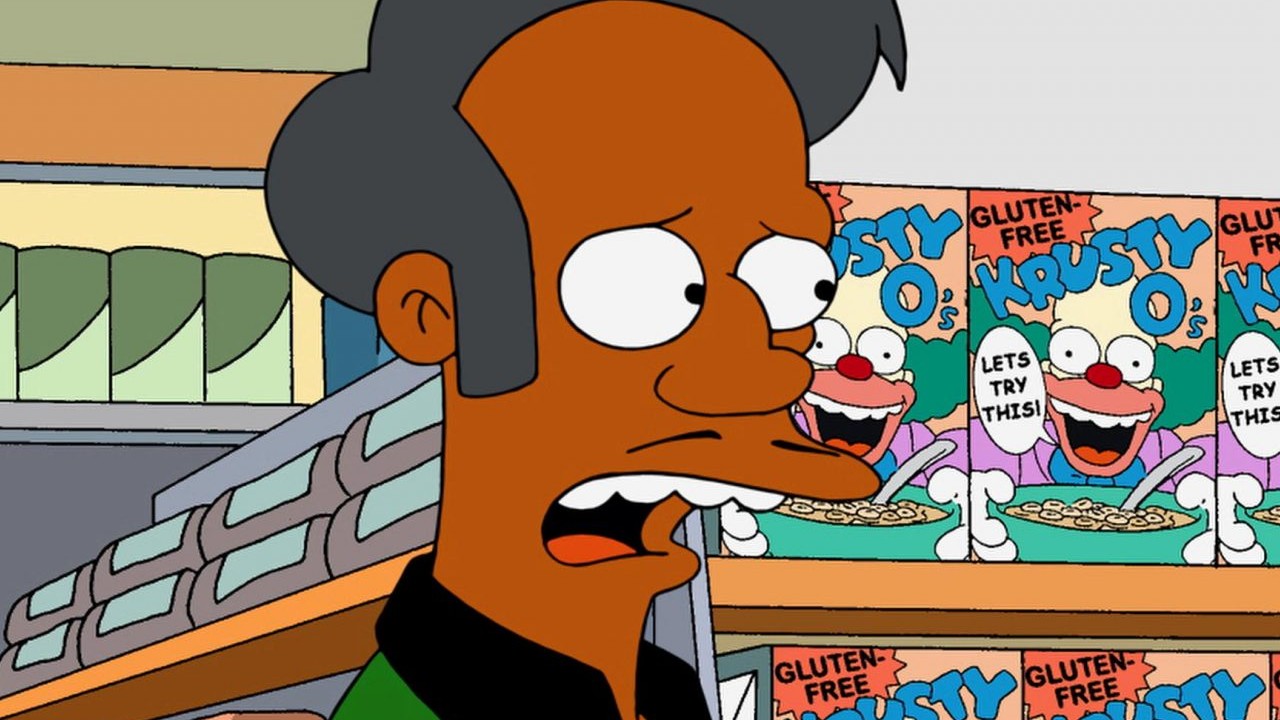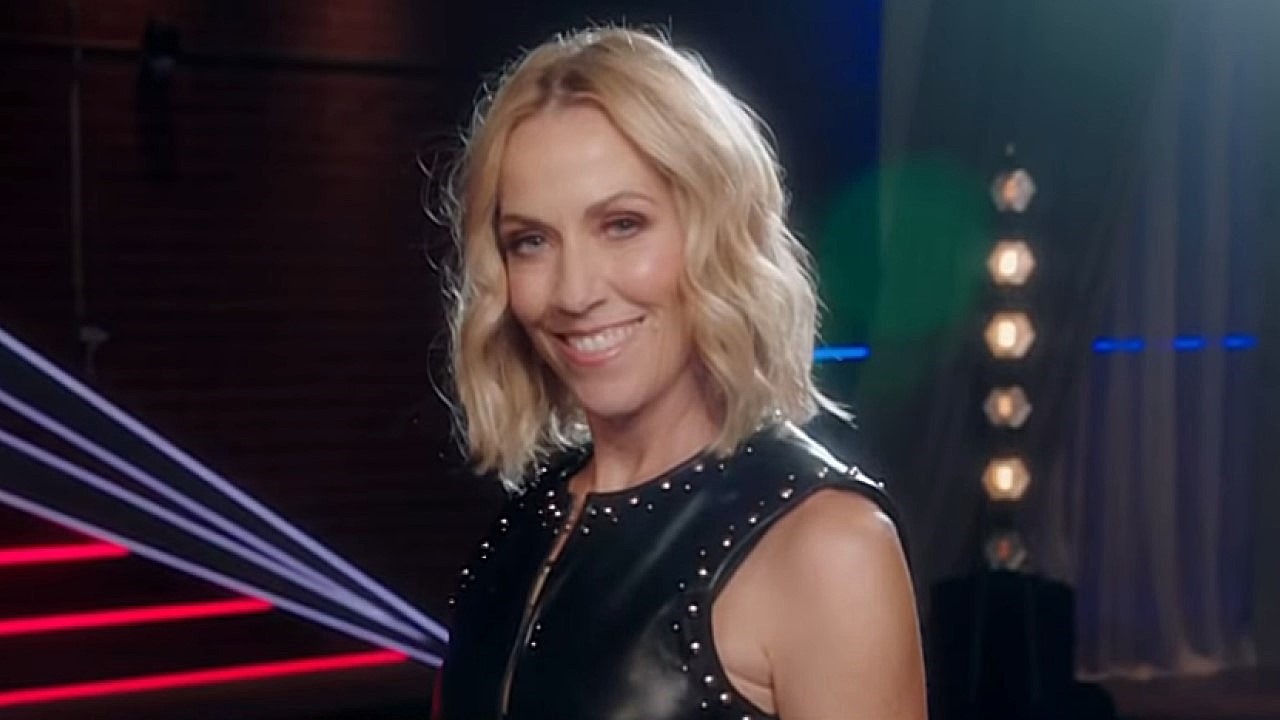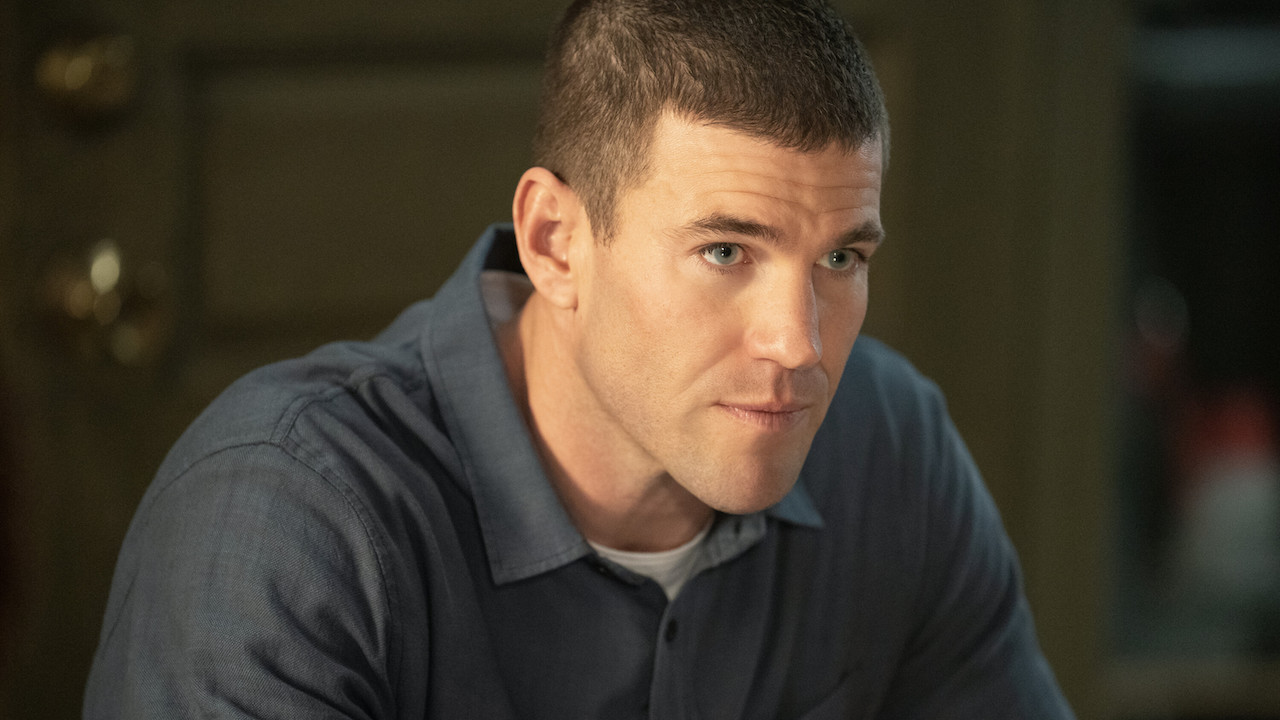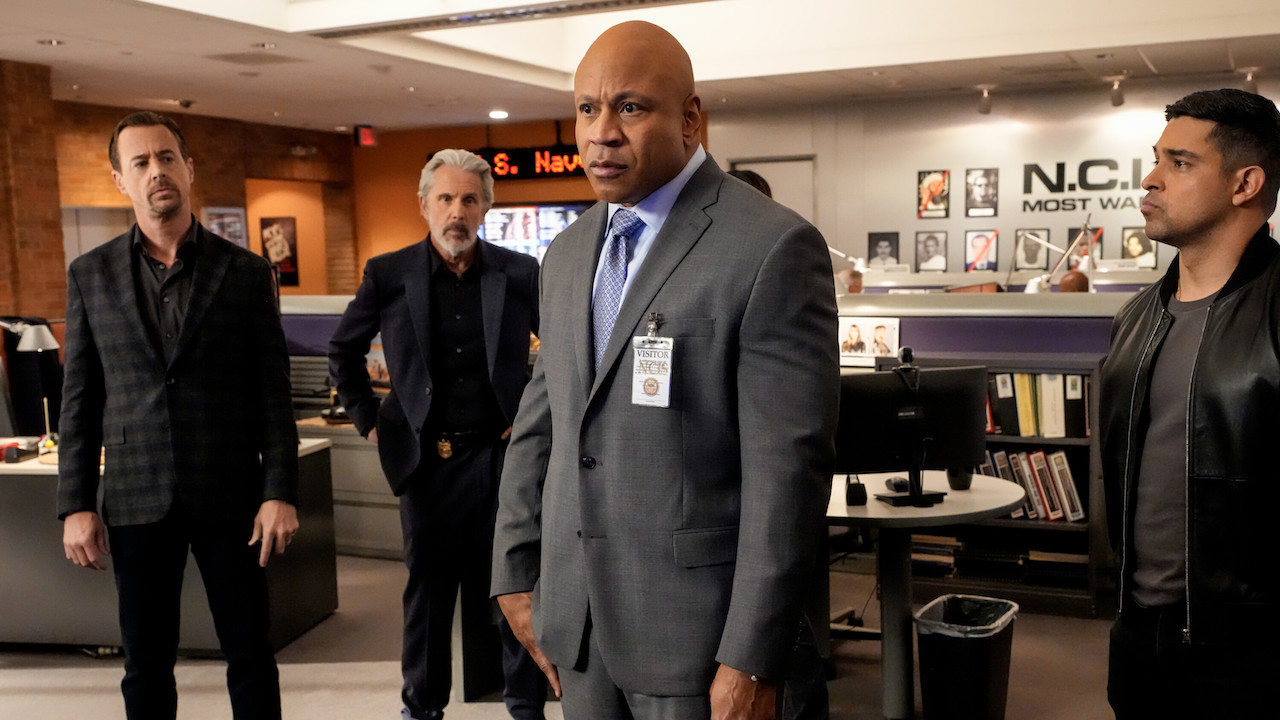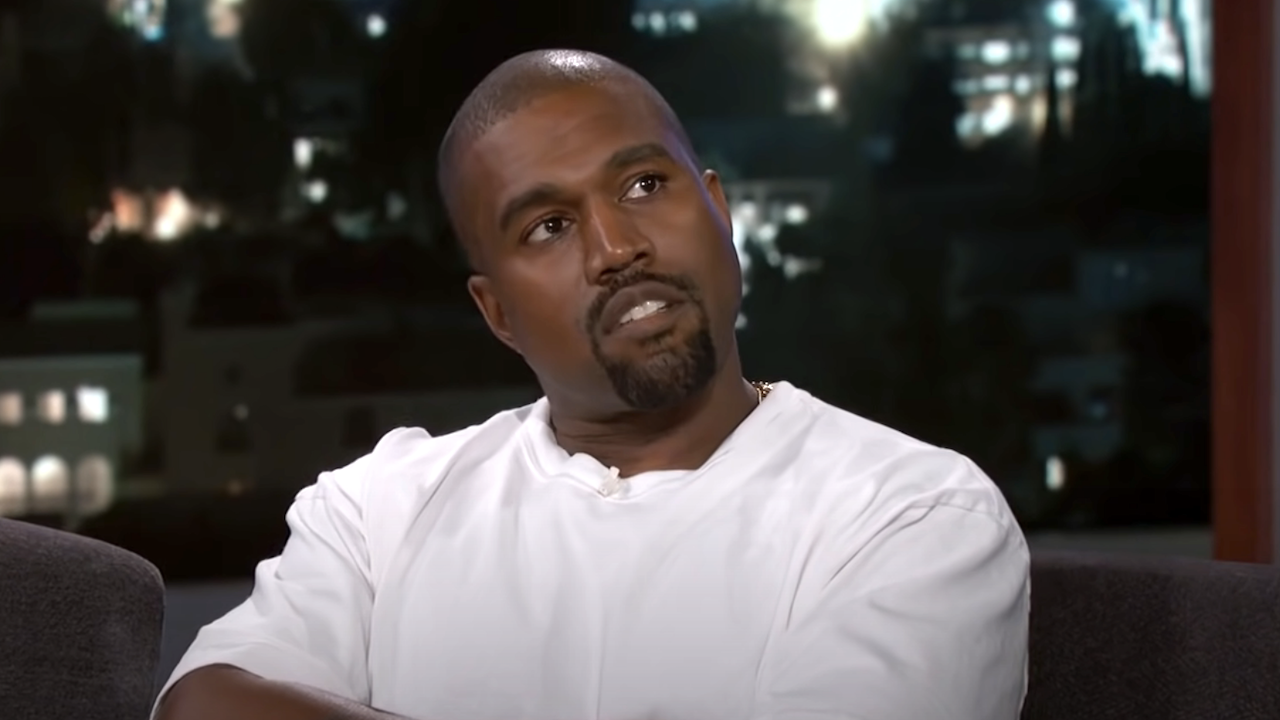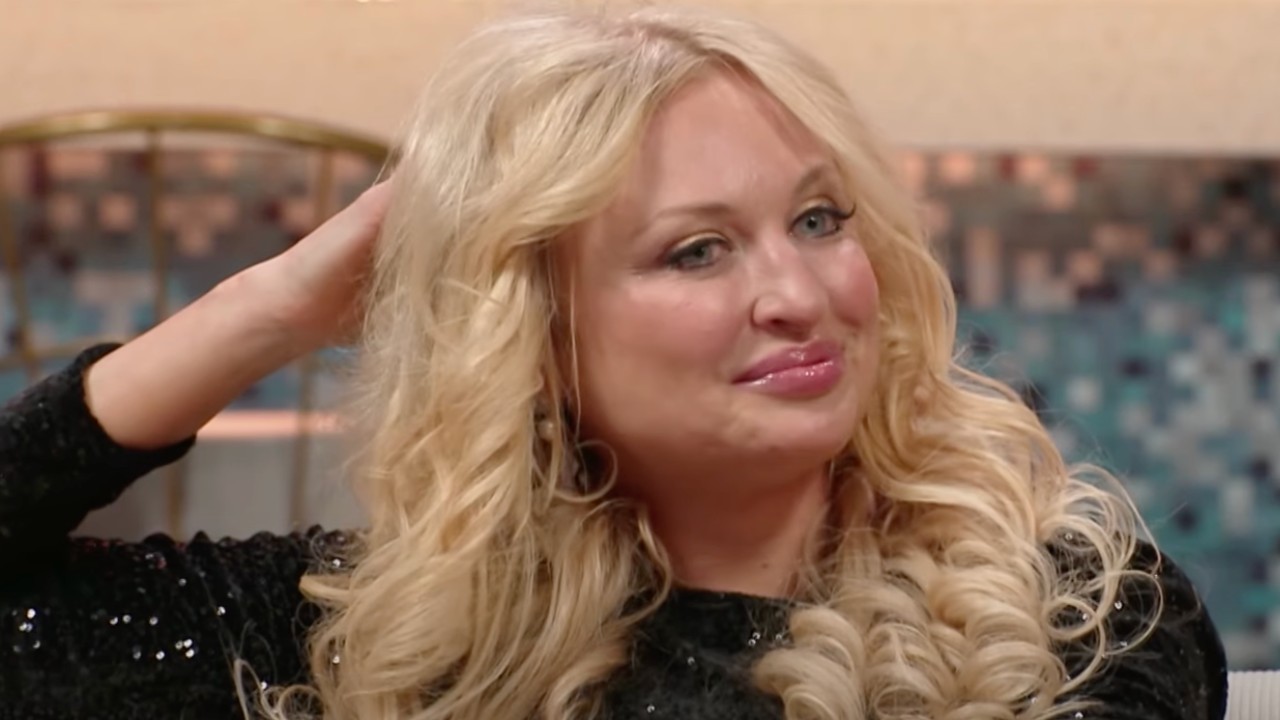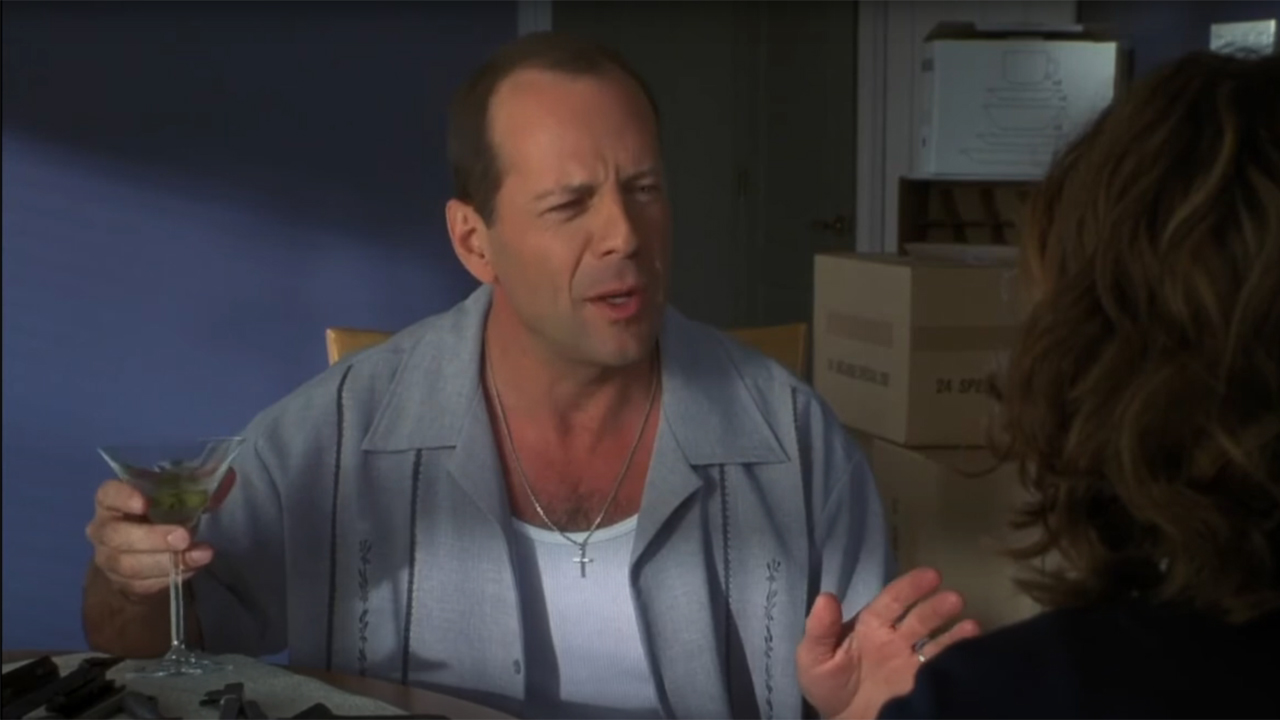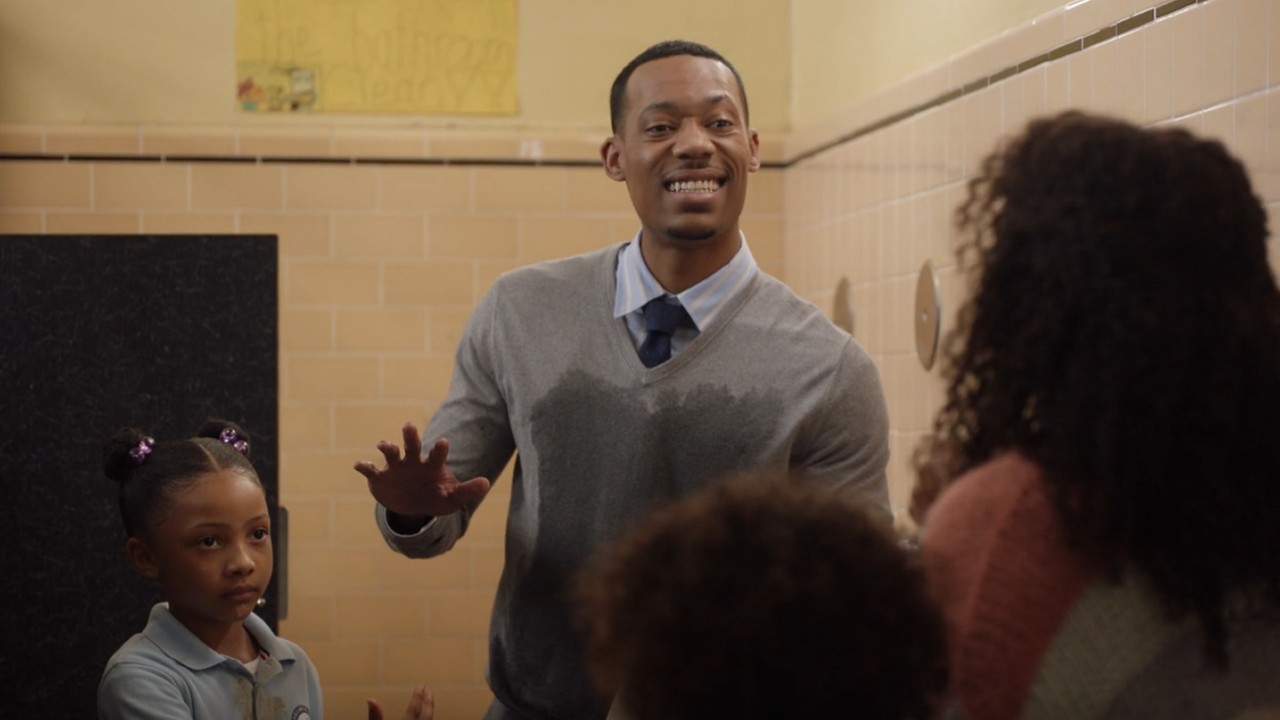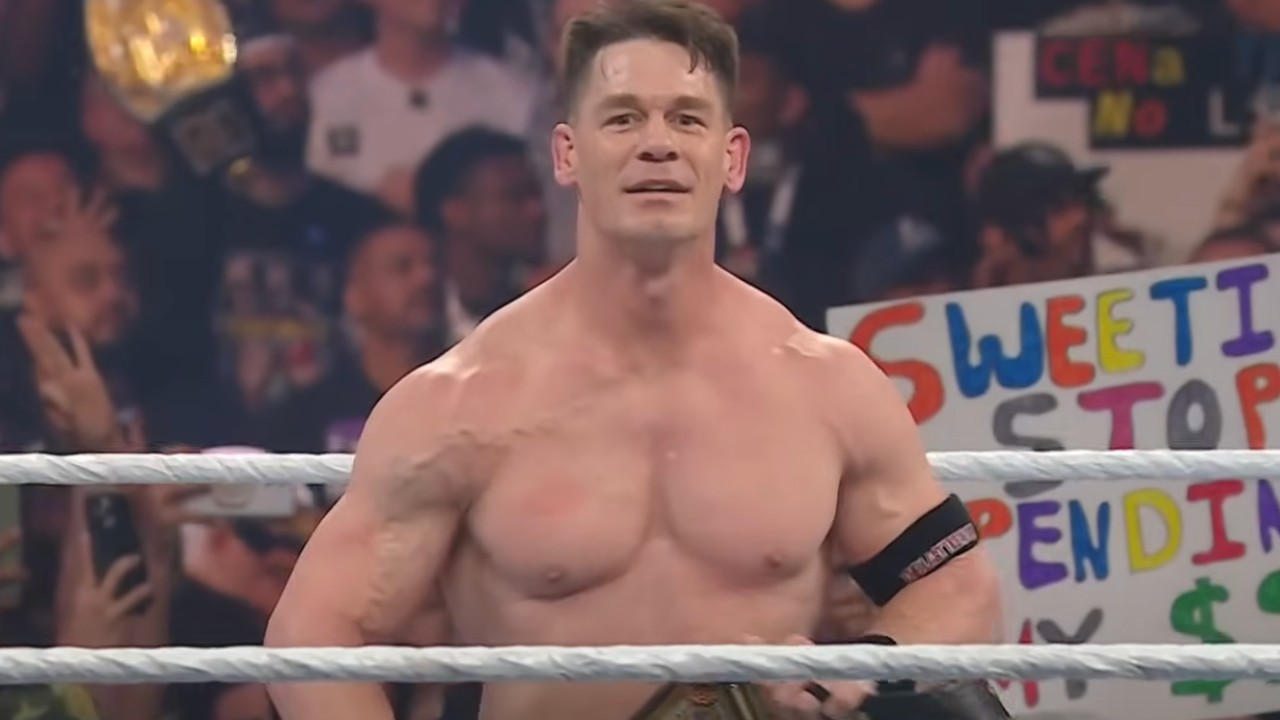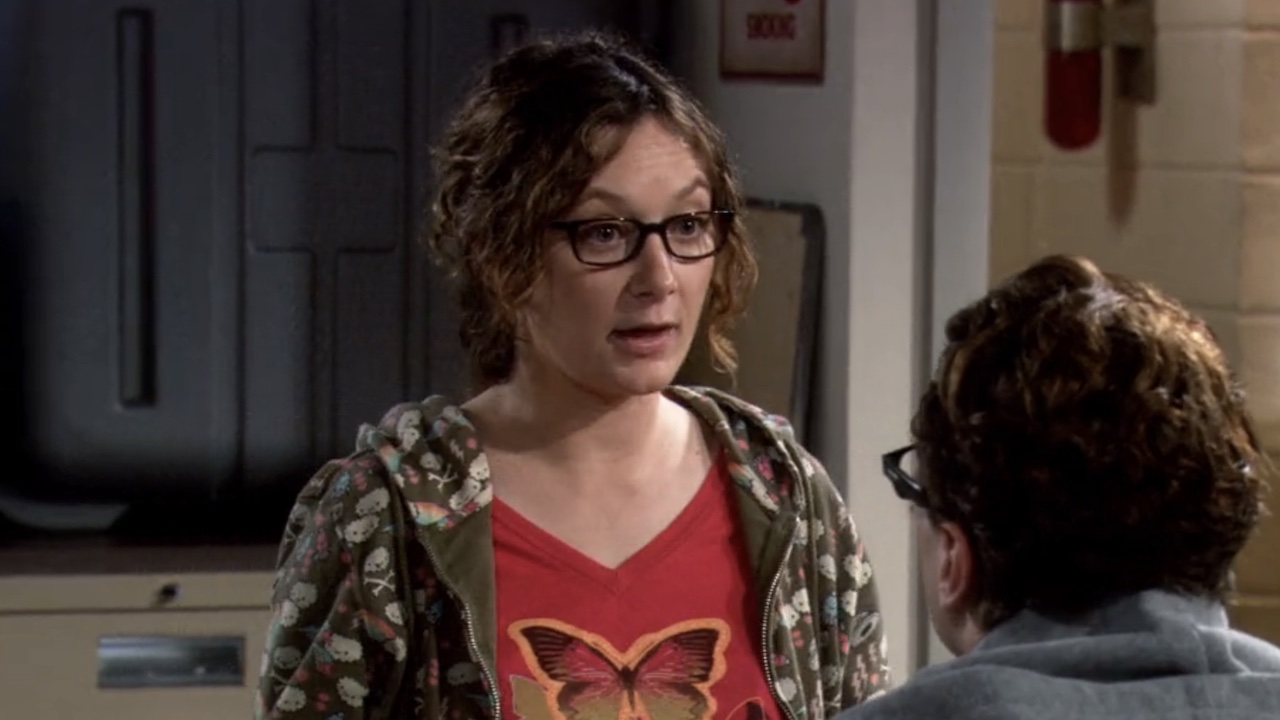Downton Abbey: A New Era’s Director Explains Why He Changed The Original Scripted Ending
Simon Curtis explains what Julian Fellowes originally wrote for Downton Abbey: A New Era, and the beat he felt he needed to hit.
Spoilers for Downton Abbey: A New Era abound in this piece. So, if you haven’t caught the movie on the big screen or with your Peacock Premium subscription, yet, be sure to check out one of our other wonderful articles.
Downton Abbey: A New Era really hits on a lot of different beats: it’s funny, emotional, and charming and its relationships are often complex but delightful to watch as well. The ending of the second Downton movie follows some of these same notes, bringing both laughs and tears to the eyes of its viewers (and the Downton cast). However, the exact ending scene the fans ultimately got was not what was originally scripted in the film. Instead, Director Simon Curtis revealed to CinemaBlend he felt what was originally scripted was not quite right, so he made a change.
Speaking to the director ahead of the streaming, Digital, Blu-ray and DVD releases of Downton Abbey: A New Era, Simon Curtis and I got to talking about the final scene in the movie. That scene sees Tom, Lucy, and the baby return to Downton to have a joy-filled moment in the hall while the portrait of the now-deceased Dowager Countess, played by Dame Maggie Smith, watches from the wall. It’s a moment of joy and levity after the audience has just witnessed Lady Violet’s final moments and reacted to them emotionally onscreen, with Carson even giving a notably somber monologue from downstairs. And Curtis told CinemaBlend he actually added that additional scene at the end purposefully, though it wasn’t originally in the script.
I really felt we needed an uplifting, optimistic end and the new baby counterpointing with Violet now a portrait on the wall seemed a good way of doing it.
In fact, however, the Dowager Countess’ funeral was almost the final note in the film. That moment comes after she takes her last breath and makes a memorable crack to Denker along the lines of “I can’t hear myself die” before breathing her last breath. While her one-liner gives the moment levity, there’s still crying and a pall to that scene and the subsequent funeral scene that's felt by the audience. That’s apparently what Julian Fellowes originally wrote in the script, but Curtis saw things a little differently.
Ending on the funeral was [what was there] when I first read the script. But I think that extra turn is valuable. And also it’s really demonstrative of a group of actors playing a family who have actually become a family. And I love the fact that hovering around the baby are the grandparents but all the servants as well. It’s a lovely image I think.
It’s interesting how Maggie Smith-centric Downton Abbey: A New Era ended up being, particularly given the questions that rolled around when the movie was announced about whether or not Smith would actually be involved. (Some Downton fans have even gone so far as to express Violet Crawley should have died during the events on the show.) Ultimately we get a lot of the character in the movie given the central mystery in the plot revolved around a past love interest and a villa in France.
However, focusing on the Dowager Countess also meant there are a lot of serious moments toward the end of A New Era, not least of which is the scene in which Carson quotes Shakespeare in a touching monologue about Lady Violet, which he told us was “nice” to get to do onscreen.
Carson and Lady Violet had a sort of two old soldiers, been through the trenches together, they’ve got history sort of thing. So, it was quite nice that the effect of her passing sort of moved onto Carson. And Julian was very good through the whole series. People from that generation, they knew things, they knew reams of poetry by heart, they could quote extensive passages of poetry and Shakespeare and things like that in a way we can’t do these days; it was part of the education. So I think it was cleverly done and nicely done to show the effect of her passing on the one man downstairs who knew her best. Knew her longest at least. It was nice to do that.
If Downton Abbey: A New Era ends up being the very final film in the franchise, it was determined to end on a most positive note, and while Simon Curtis’ opinion matters here much more than mine, I do feel the movie really sticks the landing with the ending it settled on. If you’d like to give it a rewatch, A New Era is available currently on Digital and can be streamed on Peacock. In addition, if you’re a hard copy cinephile, A New Era is out on Blu-ray and DVD starting on July 5.
CINEMABLEND NEWSLETTER
Your Daily Blend of Entertainment News
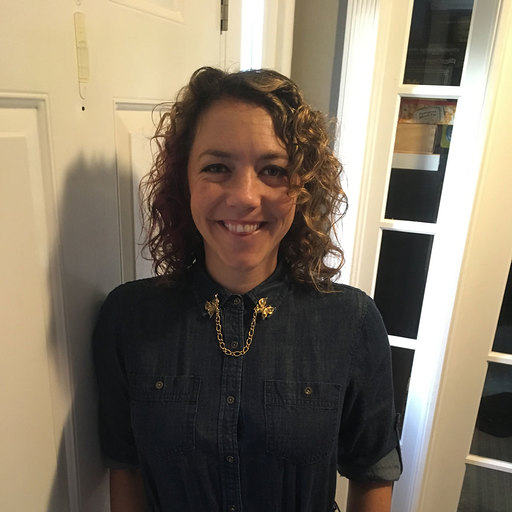
Jessica Rawden is Managing Editor at CinemaBlend. She’s been kicking out news stories since 2007 and joined the full-time staff in 2014. She oversees news content, hiring and training for the site, and her areas of expertise include theme parks, rom-coms, Hallmark (particularly Christmas movie season), reality TV, celebrity interviews and primetime. She loves a good animated movie. Jessica has a Masters in Library Science degree from Indiana University, and used to be found behind a reference desk most definitely not shushing people. She now uses those skills in researching and tracking down information in very different ways.
'I Want To Leave It That Way.' There's Been Speculation About Diego Luna Wanting To Leave Andor After Season 2, But How Does He Feel About The Show Ending?
The Story Behind How Seth Rogen Got Several Directors To Play Themselves On The Studio (Ron Howard’s Thoughts About His ‘A–hole’ Appearance Are A+)
